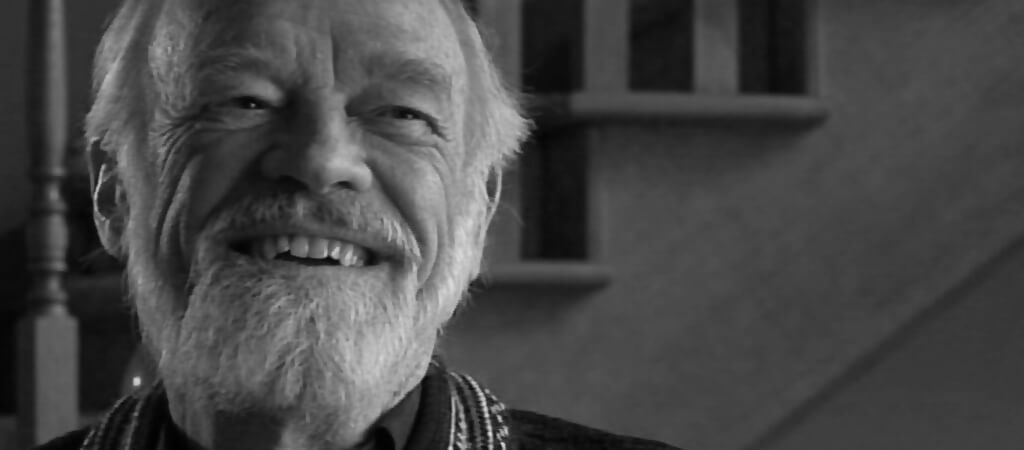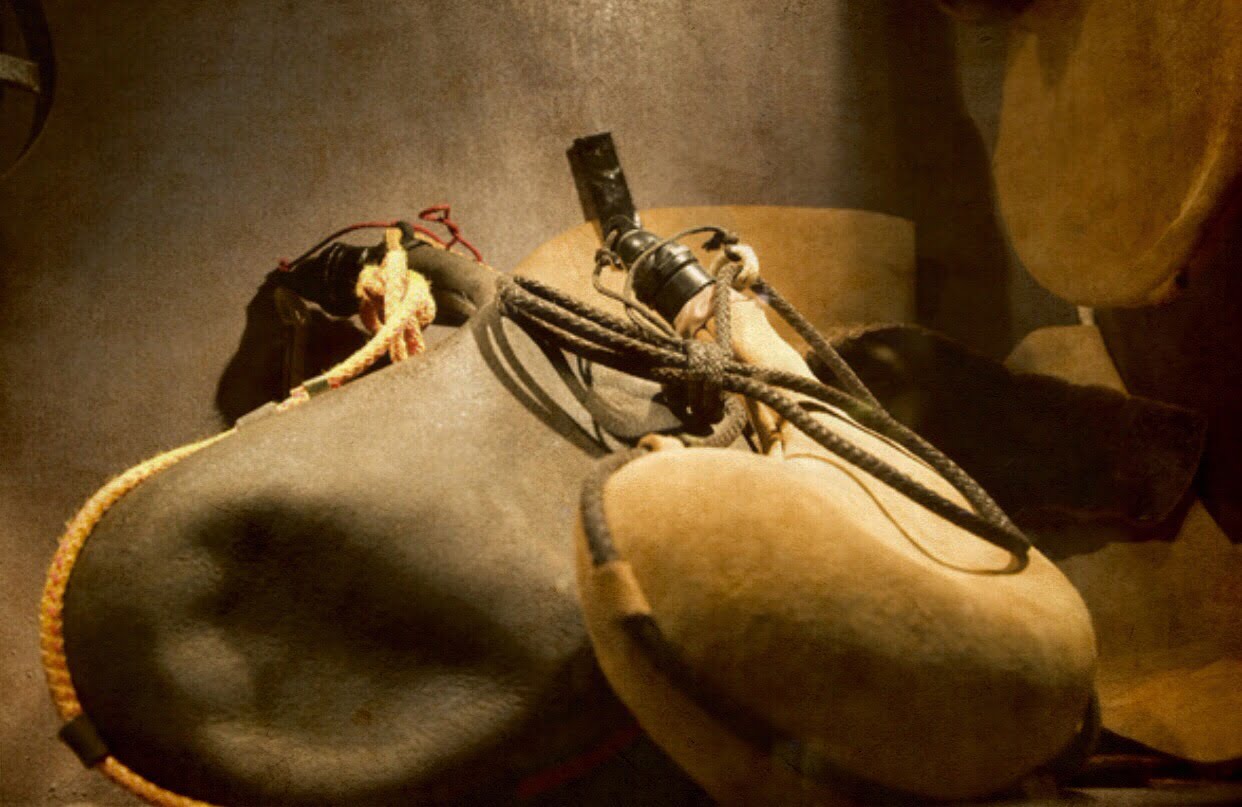The power of biography

This week I started listening to the biography of Eugene Peterson, the man most known for writing The Message. I could write all kinds of things about how much I love the book and the man about whom it’s written, but something a bit more profound struck me as I listened.
The power of biography is being able to trace common threads and themes throughout a person’s life. Seemingly insignificant circumstances or apparently random connections in the early years of someone’s life resonate so deeply that they become a major part of what shapes them into the adults we are familiar with.
We tend to look at the finished product, but biographies look at the process that made the product.
I find that fascinating, and also encouraging. The seemingly insignificant things in my life today are shaping me into the man who will do significant things tomorrow. The passions that tugged at my heart as a child are the same passions that now guide my heart as an adult.
The power of biography is that it reveals the long view of things. It shows the entire scope of a life instead of only a small fraction of it, whether that fraction is good or bad. And in that long view, even the bad finds a place and a purpose.







Leave a Comment